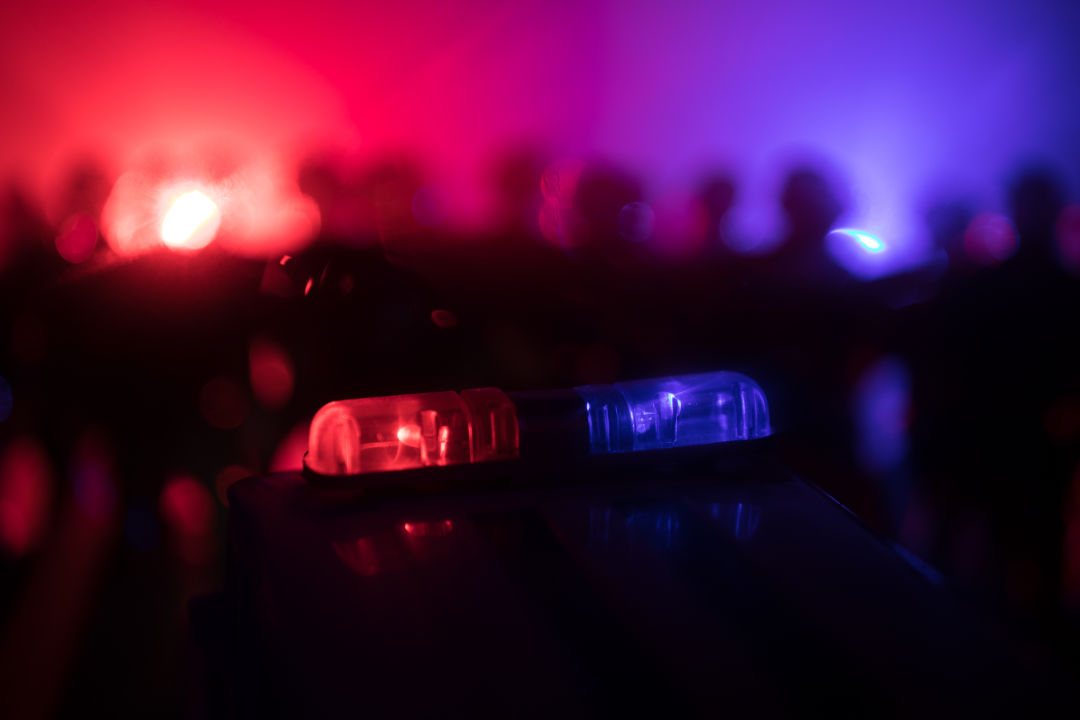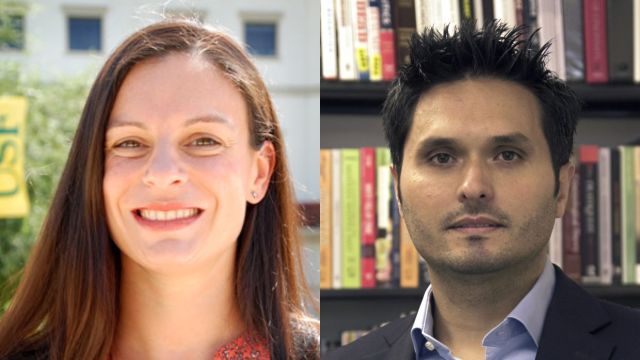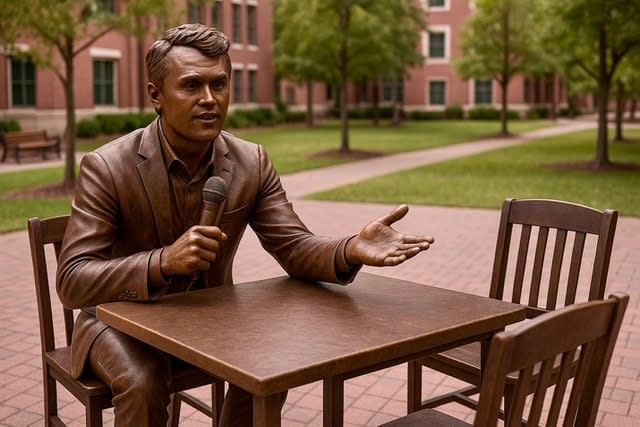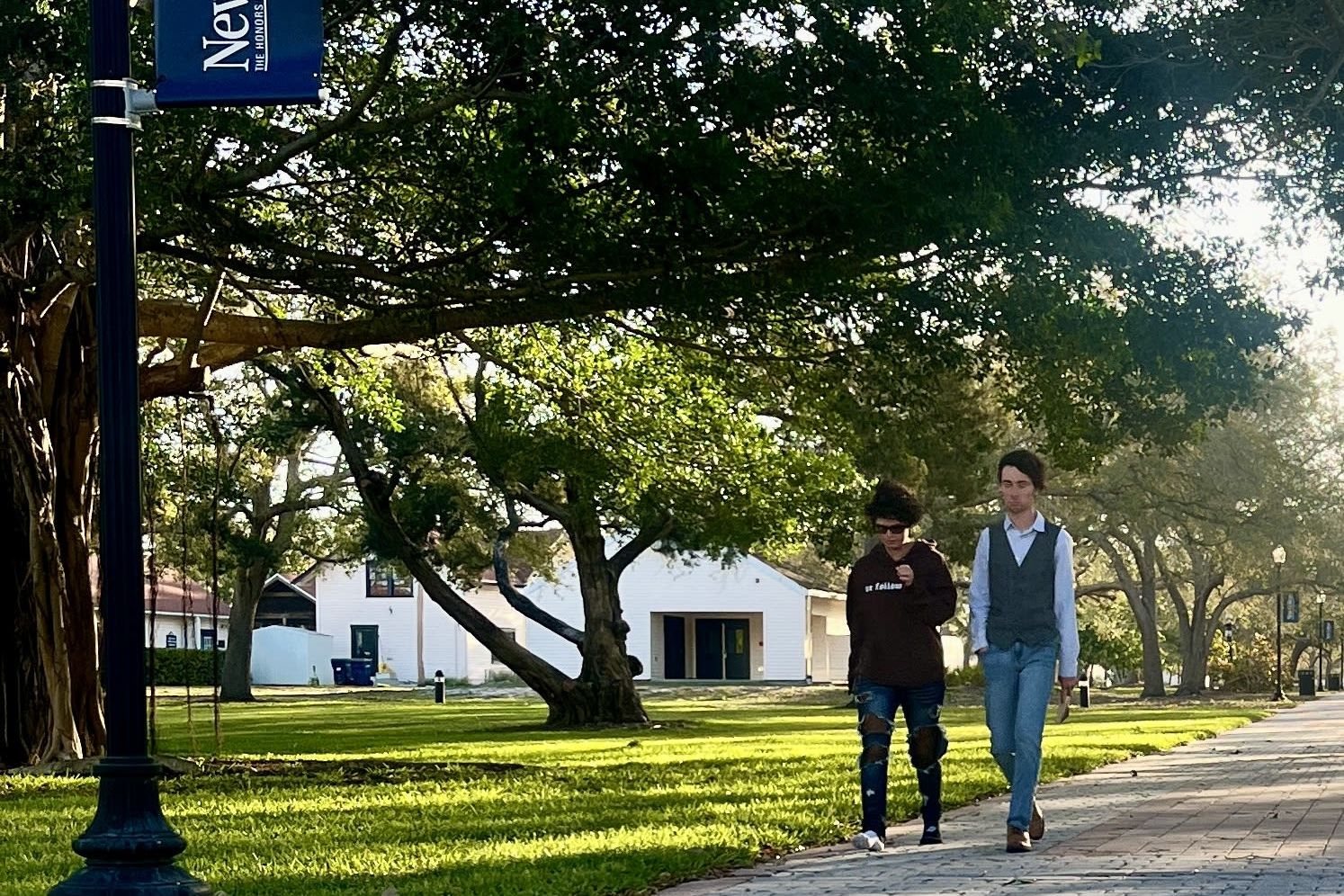USF Researchers Find Black and Hispanic Americans Much More Likely Than Whites to Fear Police Brutality

Image: Shutterstock
Black Americans and Hispanic Americans are significantly more likely than white Americans to "worry a lot" about becoming a victim of police brutality, according to newly published research by two professors at the University of South Florida Sarasota-Manatee.

University of South Florida Sarasota-Manatee professors Melissa Sloan (left) and Murat Haner
Image: Courtesy Photos
The study was conducted in 2018 and was designed by USF criminology instructor Murat Haner, USF associate professor of sociology Melissa Sloan and colleagues in Georgia, Ohio and Nebraska. They surveyed 1,000 people from all 50 states, asking if they worry a little, a lot or not at all about becoming a victim of police brutality, a hate crime, a mass shooting and terrorism.
According to the results, only 6.6 percent of whites worry "a lot" about police brutality, and 75.5 percent don't worry about it at all. More than 32 percent of Black respondents, meanwhile, reported worrying "a lot" about police brutality, and another 36.9 percent said they worry "a little." Only 30.6 percent of Black respondents said they didn't worry about police brutality at all.
"We expected to see a significant difference," says Sloan. "But the magnitude of that difference was really surprising to us. We were also surprised to see the response among Hispanics." More than a quarter of Hispanic respondents said they worry about police brutality "a lot"—more than four times the rate of whites who said the same.
Sloan and Haner say their research shows that fear of police brutality among Black Americans is prevalent among all classes. "Among Black respondents, worry about police brutality was universal," Haner writes in the study. "There were no differences by gender, age, education or political orientation."
The study does not detail the exact causes of people's fears, nor the consequences of them, but Sloan and Haner say fear of the police can make people less likely to reach out to the police if they need help and can inhibit social interaction more broadly. "Worry is a chronic emotion that involves ruminating about concerning issues," Haner writes. "As such, it can have negative physical and psychological effects—such as increased psychological distress."
"Taken as a whole, what remains is an insidious picture in which communities worry about those they are supposed to trust during their greatest time of need," Haner says. "There is a substantial subpopulation in America that worries about being victimized, not by some perpetrator, but by the state—the very people who are sworn to protect and serve them."
While the professors' research was conducted in 2018, it wasn't until late May, right around the time that George Floyd was killed by members of the Minneapolis Police Department, that the study was published in the academic journal Victims & Offenders: An International Journal of Evidence-Based Research, Policy, and Practice. Floyd's death, and outrage about other examples of police violence against Black Americans, has led to protests in all 50 states and renewed calls for racial justice across the country.
Sloan and Haner's study also examined people's fears in a number of other categories. In addition to asking about people's fear of police brutality, the survey also questioned people about how much they feared hate crimes, violent crimes, home invasions, mass shootings and terrorist attacks. Black and Hispanic Americans are more likely than whites to fear becoming a victim of a hate crime, the survey found, while fears of mass shootings and terrorism are less disparate among different races.



